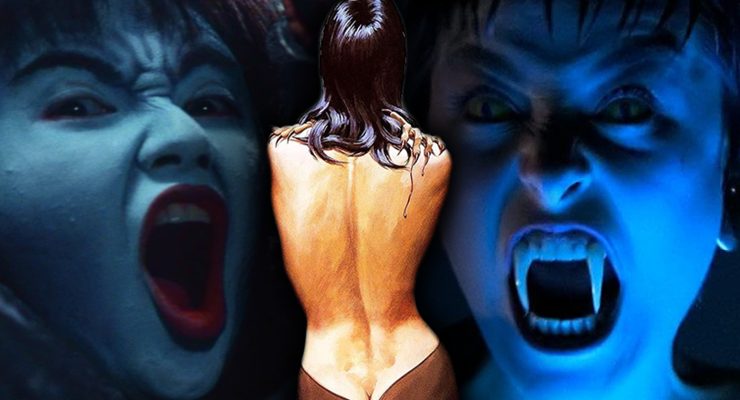Commenting on the Critics with Simon Columb…
The Ant-Man news regarding Edger Wright’s (and Adam McKay’s) departure gained a considerable amount of coverage and criticism. Forbes writer, Scott Mendelson, manage to argue a point that may not seem so obvious, claiming “Hollywood Doesn’t Care About ‘Fanboy’ Approval”:
“They will protest and criticize, perhaps rightfully so, but they will be the first to post or share the first poster and the first trailer and the first clip. The hardcore fans are the least important demographic for the likes of Walt Disney and Warner Bros. because they are already sold on the property in question.”
Read the full article here.
While I agree that hardcore fans are a sure-sell, we have been in this Universe since 2008 – and after Avengers Assemble in 2012, we have had two films a year (with a double-film year in 2011 also). I know that personally, the guaranteed success and similar tone of each story is becoming tired and bland. Money-aside, unlike a new James Bond, these films are not event-films in the same way (Avengers Assemble being the exception). Like television, the Marvel Universe is episodic. Each instalment leads to another, and the regularity of them hardly has the same cache as when we watched Avengers Assemble. There is a sense that, now they’ve assembled the Avengers, they only have good story-telling to keep us engaged (something Agents of S.H.I.E.L.D. lacked, and if I’m willing to “miss” what happened at the end of that, then it’s only a short step to miss the next film).
The money will always come first and that is clearly the core of what Mendelson is saying. Disney and Marvel have hit upon a formula that works, and continues to earn billions per film. Suffice to say, Iron Man 3 clearly hit the motherload as it stood as a sequel to Avengers Assemble. And Captain America: The Winter Soldier and Thor: The Dark World, whether you like it or not, have earned more than what X-Men: Days of Future Past will be lucky to make.
But Marvel has revealed itself to be less well-oiled than we expected. My first reaction to the Edgar Wright news considered whether this is the beginning of the end for Marvel’s cinematic run. Ultimately, genre’s and films have a sell-by date – we just don’t know when it is. Long-running franchises last so long because they whether the storm, leaving a few years between each film before acclimatising to the trends. Audiences will grow-up, and audiences will change. Eventually, if films become like television – with the latest episode released within six months, it’s tempting to just wait. Or even wait until the box-set, and watch it all together. That won’t happen this year of course (though Guardians of the Galaxy will be interesting to see the receipts for. I know I’m less interested…), but when we are in the centre of multiple comic-book “universes” all clamouring to make $600m world-wide with every film, alongside Star Wars, maybe then it’ll happen.
The drop of Edgar Wright (and the desperate attempt at gaining Adam McKay) means that Marvel have shown they can’t take risks. Edgar Wright wasn’t going to end his film with the death of Iron Man. I doubt Planet Earth would be destroyed. But, even if he did, it’s about superheroes – anything can be ret-conned! None of it really matters does it? A lack of risk-taking is uncreative and dull – and the fact that even now, after earning billions of dollars, earning the flexibility to be as creative as they want, they still can’t take risks is worrying. Because if they can’t take risks now, then when the super-hero craze dries up, risk-taking will be the last thing they’ll consider … only nailing the comic-coffin shut. Fanboys may be guaranteed sells, but when they get a ticket and are unimpressed, it’s only a matter of time before everyone else is.











